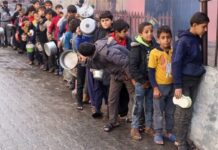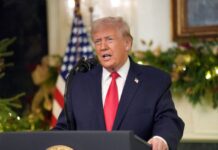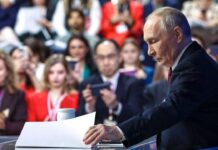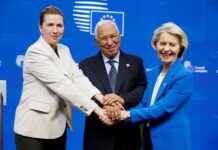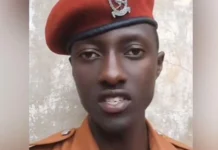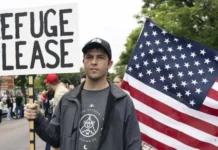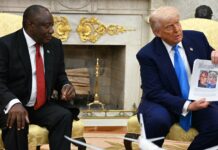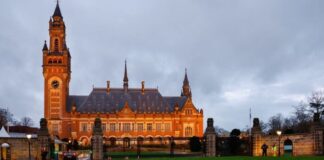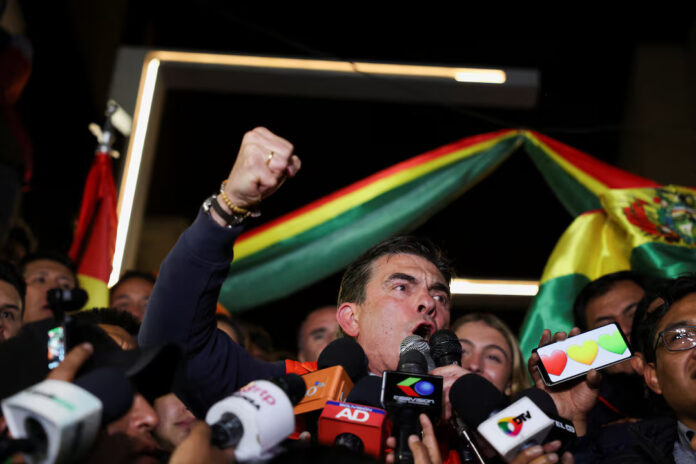
Bolivia’s ruling Movement for Socialism (MAS) suffered its worst electoral setback in a generation on Sunday, as centrist Senator Rodrigo Paz surged ahead in presidential voting, forcing a runoff set for October 19.
Preliminary results from the electoral tribunal showed Paz, of the Christian Democratic Party, in the lead with 32.18% of the vote. Conservative former president Jorge “Tuto” Quiroga, representing the Alianza coalition, followed with 26.94%. MAS candidate Eduardo del Castillo trailed far behind at 3.16%, signaling the end of the leftist party’s two-decade dominance.
“This is the beginning of a great victory, of a great transformation,” Paz told jubilant supporters in La Paz, declaring that Bolivians were demanding not only a new government but a new political system. Quiroga, who conceded his place in the runoff, congratulated Paz on his strong showing.
Outgoing President Luis Arce acknowledged the results, calling the outcome a triumph for democracy. The final tally will be released within seven days, but with no candidate reaching the required 40% with a 10-point margin, a runoff is inevitable.
Paz’s rise stunned analysts after pre-election polls placed him far behind Quiroga and center-right businessman Samuel Doria Medina, who conceded and pledged support for the centrist senator in the second round.
The election unfolded against the backdrop of soaring inflation, dollar shortages, and public frustration with MAS governance. Annual inflation has doubled to 23%, with fuel and currency scarcity driving economic anxiety. “Bolivia is on the brink,” economist Roger Lopez warned, noting the country’s heavy obligations in foreign currency.
Evo Morales, the former MAS leader barred from running, had urged voters to boycott the election, but turnout remained steady. International observers reported no major disruptions despite isolated incidents in Morales’ Cochabamba stronghold.
For many voters, Sunday marked a chance to break with MAS’s legacy. “Every year the situation has got worse under this government,” said Silvia Morales, a retail worker in La Paz who switched her vote to Paz. Another voter, teacher Carlos Blanco, said: “This election feels hopeful. We need a change of direction.”
The next president will inherit a fragile economy and a divided electorate. But for the first time in nearly 20 years, centrists and conservatives together hold a commanding majority, reshaping Bolivia’s political landscape.
Written By Rodney Mbua









